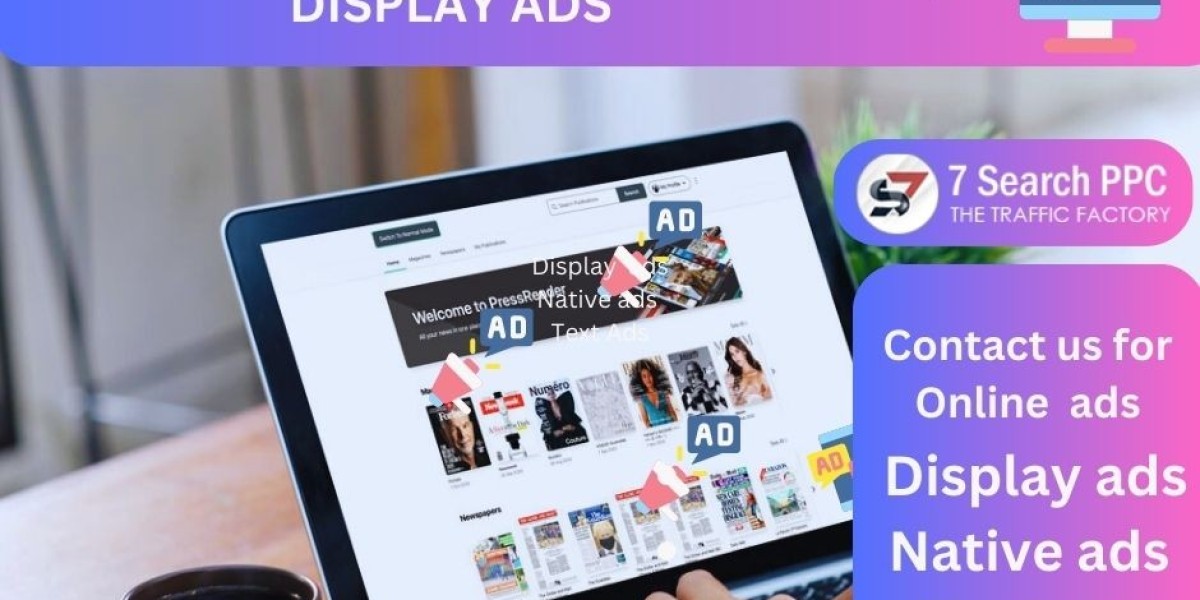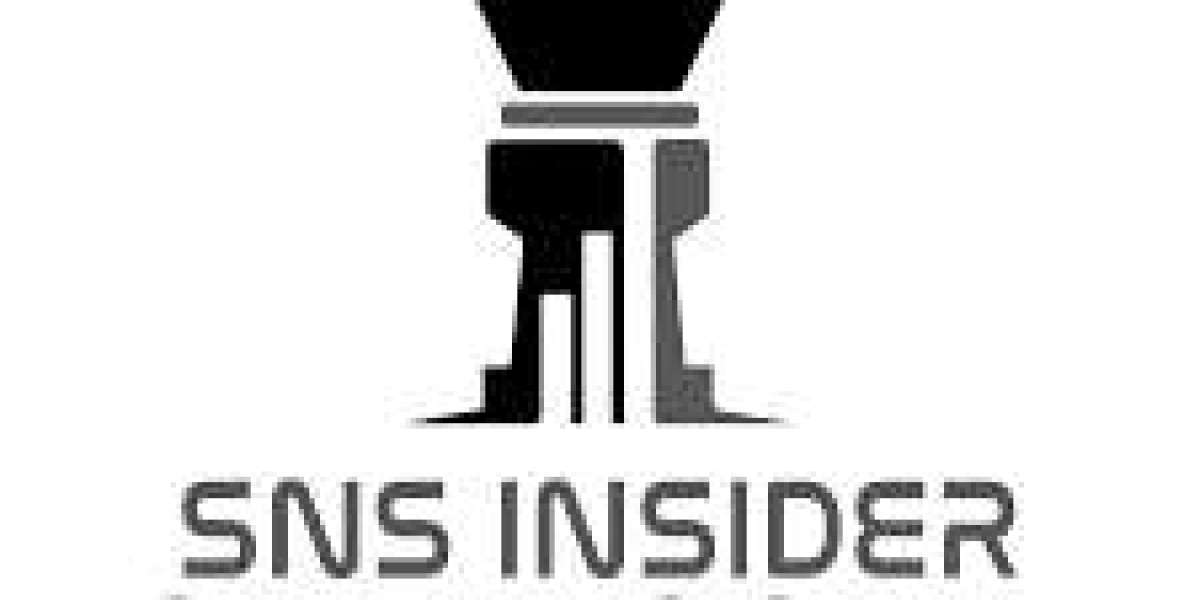Even in the age of social media and instant messaging, email marketing remains a powerhouse for driving sales and fostering customer loyalty. Studies show it boasts an exceptional ROI, making it a cost-effective weapon in your marketing arsenal. But with a crowded landscape of email marketing platforms, choosing the right tool can be daunting.
This blog dives into some of the most effective sales-oriented email marketing platforms available. We'll explore their core functionalities, pricing structures, and target audiences to empower you to make an informed decision.
Tailoring Your Salestech Email Marketing Choice
Before diving in, consider your specific business needs. Here are some key factors to ponder:
- List Size and Email Volume: How many subscribers do you have, and how frequently will you send emails? Platforms often have tiered pricing based on these metrics.
- Automation Desires: Do you envision automated welcome emails, abandoned cart reminders, or personalized birthday promotions? Prioritize platforms with robust automation features.
- Integration Needs: Does the platform integrate seamlessly with your CRM, e-commerce platform, or marketing automation software? Streamlined integrations can significantly improve efficiency.
- Ease of Use: How user-friendly is the platform? Consider your technical expertise and comfort level with design tools.
Dominate Sales with These Top Email Marketing Platforms
Now, let's explore some of the leading sales-oriented email marketing platforms:
HubSpot: HubSpot offers a comprehensive marketing suite that includes a powerful email marketing tool. It excels at integrating customer relationship management (CRM) data with email campaigns, enabling highly personalized messaging that can significantly boost sales conversions. HubSpot caters well to larger businesses with complex marketing needs.
ActiveCampaign: ActiveCampaign shines in marketing automation. Their platform allows you to craft intricate email workflows triggered by subscriber behavior and preferences. This level of automation can effectively nurture leads and drive sales. ActiveCampaign is ideal for businesses seeking advanced marketing automation functionalities.
Constant Contact: Constant Contact is a user-friendly platform with a focus on exceptional deliverability. They provide a variety of email templates to create professional-looking campaigns effortlessly. Their reporting tools also offer valuable insights into campaign performance. Constant Contact is a solid option for small and medium-sized businesses seeking a user-friendly and affordable solution.
Mailchimp: Mailchimp is a well-known name in email marketing, renowned for its user-friendly interface and free plan for up to 2,000 subscribers. They offer a variety of pre-designed templates and a drag-and-drop editor for easy campaign creation. However, their automation features are more basic compared to some competitors. Mailchimp is a good fit for beginners or businesses and tech publications like Ciente with smaller email lists.
Klaviyo: Klaviyo is an e-commerce-focused email marketing platform with robust features specifically tailored for online stores. It seamlessly integrates with popular e-commerce platforms like Shopify and WooCommerce, allowing you to send targeted campaigns based on purchase history and browsing behavior. Klaviyo is a great choice for businesses looking to leverage email marketing to drive e-commerce sales.
Beyond the Platform: Best Practices for Sales-Driven Email Marketing
Choosing the right platform is just the first step. Here are some additional best practices to ensure your email marketing efforts are propelling sales:
- Build a Strong Email List: Focus on acquiring high-quality subscribers genuinely interested in your products or services. Offer valuable incentives for email signups, such as discounts or exclusive content.
- Segment Your Audience: Segment your email list based on demographics, interests, or purchase history. This allows for targeted messaging that resonates better with specific audience segments, ultimately leading to higher conversions.
- Personalization is Key: Use subscriber names and personalize content based on past interactions. People are more likely to engage with emails that feel relevant and addressed specifically to them.
- Mobile-Optimized Emails: A significant portion of emails are opened on mobile devices. Ensure your emails are responsive and render well across different screen sizes.
- A/B Testing is Your Friend: Test different subject lines, email copy, and call-to-action buttons to see what resonates best with your audience. A/B testing allows you to continuously optimize your campaigns for maximum impact.
- Track and Analyze Results: Regularly monitor your email marketing metrics, such as open rates, click-through rates, and conversion rates. Analyze this data to identify areas for improvement and refine your strategies over time.
By implementing these best practices in conjunction with a powerful email marketing platform, you can transform your email marketing efforts into a sales-generating machine. Remember, the key lies in understanding your audience, tailoring your message, and continuously optimizing your campaigns for maximum impact.







